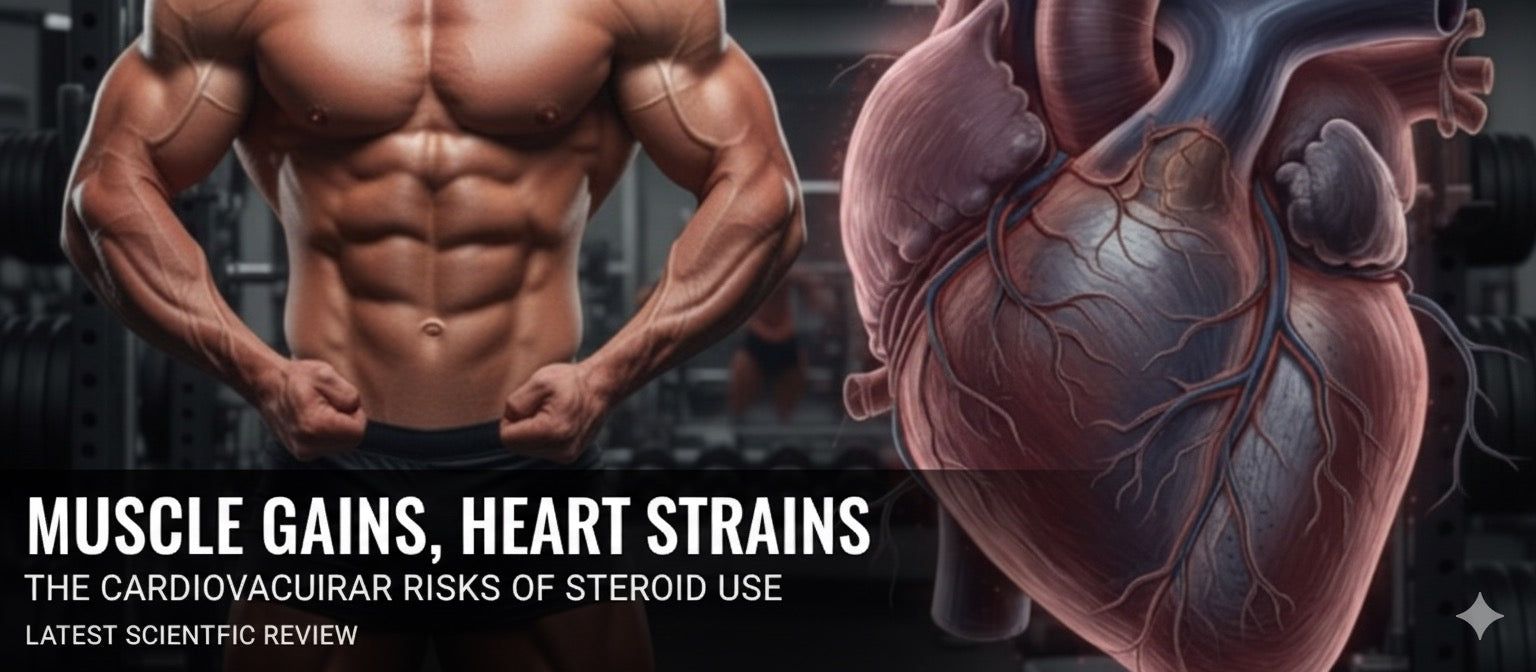


Caffeine Heart Benefits: How It Protects Your Heart
By Steve Blechman
New BREAKTHROUGH Study!
A new breakthrough study published on Wednesday (PLOS Biology, June 21, 2018) reported that the equivalent of four cups of coffee (approximately 400 mg of caffeine) may lower the risk of dying from a heart attack! The study was done on mice that were fed pure caffeine, but the researchers feel that approximately 400 mg of caffeine or drinking four cups of coffee could protect the human heart, highlighting the beneficial relationship between caffeine and heart health!
As reported by ScienceDaily on June 21, 2018, researcher Judith Haendeler said, "… the authors have previously shown that at physiologically relevant concentrations (i.e., levels reached after four or more cups of coffee), caffeine improved the functional capacity of endothelial cells, which line the interior of blood vessels, and that the effect involved mitochondria, the cell's energy powerhouses. Our results indicate a new mode of action for caffeine - one that promotes protection and repair of heart muscle through the action of mitochondrial p27. These results should lead to better strategies for protecting heart muscle from damage, including consideration of coffee consumption or caffeine as an additional dietary factor in the elderly population. Furthermore, enhancing mitochondrial p27 could serve as a potential therapeutic strategy not only in cardiovascular diseases but also in improving health span, showing what caffeine can do to your heart."
A separate review conducted by the International Life Sciences Institute (ILSI) found that 400 mg of caffeine is safe daily. Researchers at the ILSI examined over 740 studies about the effects of caffeine on humans to make the claim. The European Food Safety Authority has said that up to 400 mg of caffeine per day, the amount you would find in eight servings of tea or four servings of coffee, is perfectly safe for adults in the long term. This reinforces the positive impact of caffeine on heart health.
A study in the Journal of Applied Physiology looked at competitive male cyclists who consumed 400 mg of caffeine one hour before a ride, which is the equivalent to the amount of caffeine in four cups of coffee. The subjects also received a placebo before another ride. Almost all of the riders were able to pedal harder and faster after swallowing the caffeine pill - 3.3 percent faster on average compared to when they had no pill, and 2.2 percent faster when they took a placebo.
Also, a large meta-analysis was recently published on acute caffeine ingestion on endurance performance. The study was published in the Journal of Sports Medicine, June 6, 2018. It was an updated review of the research. It confirms that 200-400 mg of caffeine is best for increasing exercise performance. The benefits were dose related.
Another study published in the Medicine Science Sports Exercise journal found that caffeine before workouts increases energy levels and strength. A study led by Todd Astorino from Cal State San Marcos found that high doses of caffeine (approximately 400 mg) increased strength during maximal knee flexion exercise (40 reps of knee extension - flexion at 180 degrees per second on an isokinetic dynamometer) and a lower dose of caffeine (approximately 160 mg) had no effect on strength endurance.
You can get your caffeine fix of 400 mg per day (maximum) in four cups of coffee, eight cups of tea, five cans of the energy drink Red Bull, or one serving of AML Pre-Workout from Advanced Molecular Labs.
References:
PLOS. "Caffeine from four cups of coffee protects the heart with the help of mitochondria." ScienceDaily. ScienceDaily, 21 June 2018. <www.sciencedaily.com/releases/2018/06/180621141008.html
Niloofar Ale-Agha, Christine Goy, Judith Haendeler et al. CDKN1B/p27 is localized in mitochondria and improves respiration-dependent processes in the cardiovascular system—New mode of action for caffeine. PLOS Biology, 2018; 16 (6): e2004408 DOI: 10.1371/journal.pbio.2004408
European Heart Journal. Published online https://www.escardio.org/The-ESC/Press-Office/Press-releases/higher-coffee-consumption-associated-with-lower-risk-of-death
Dispelling the myth that habitual caffeine consumption influences the performance response to acute caffeine supplementation. Bruno Gualano et al Journal of Applied Physiology 2017 123:1, 213-220
Medicine & Science in Sports & Exercise. Todd Astorino et al. 42(12):2205-2210, DEC 2010 DOI: 10.1249/MSS.0b013e3181e3a11d
Southward, K., Rutherfurd-Markwick, K.J. & Ali, A. Sports Med (2018). https://doi.org/10.1007/s40279-018-0939-8






